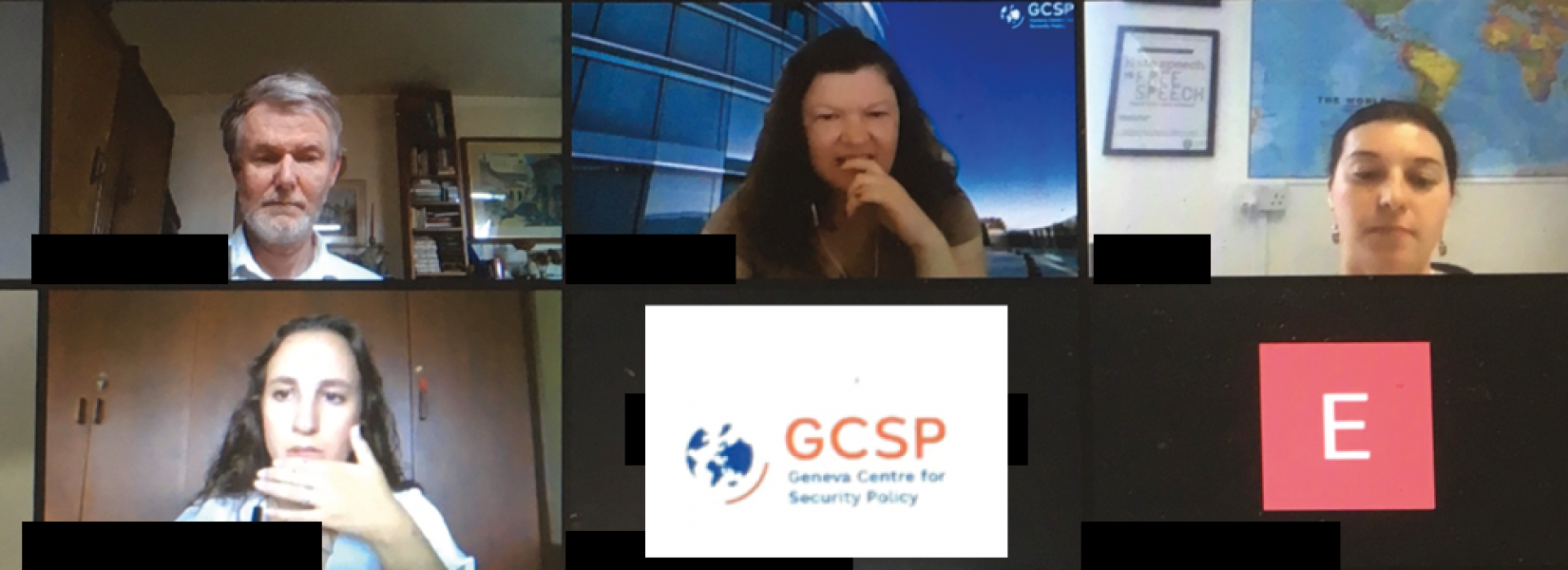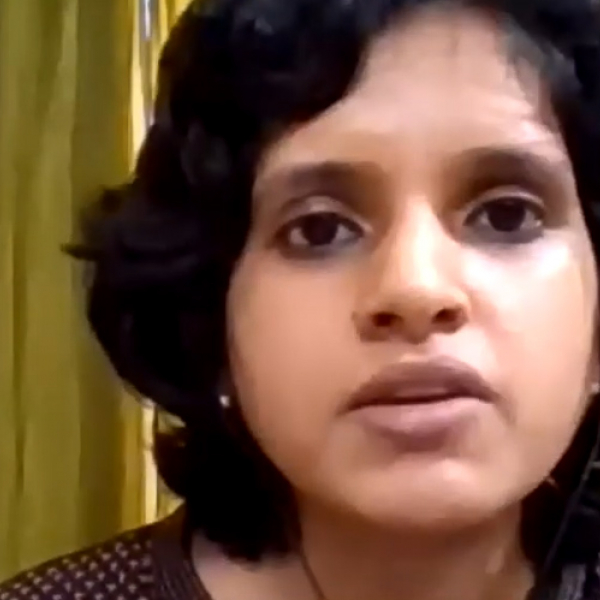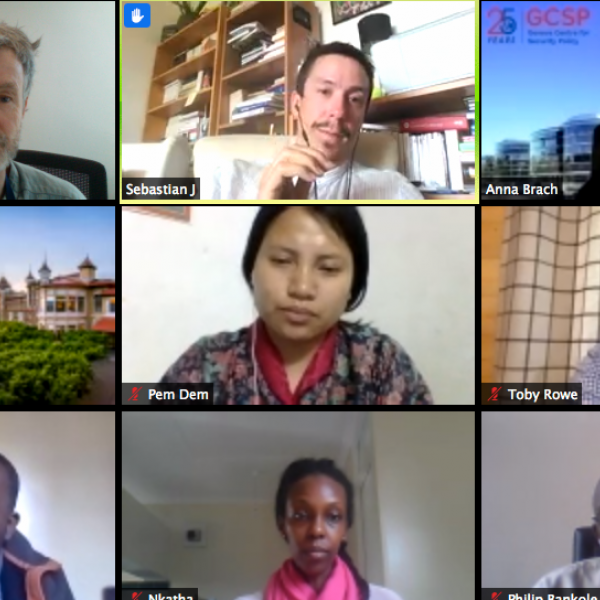'First, understand the problem!'
An alumni event of the Summer Academy on Land, Security and Climate
06/09/2022
A key objective of the Summer Academy on Land, Security and Climate is to build an inter-disciplinary community of professionals, each of whom are each seeking to forge solutions to problems of environmental degradation and climate change, and the social challenges that accompany them. Although the full version of the Summer Academy did not take place in 2022, alumni from each previous year came together in an online event on 12 July 2022.
Zoom screens opened in Kenya, Nigeria, Portugal, Switzerland, Uganda, the United Kingdom and the United States. The event began with each participant sharing what excites them about their current roles and what might enable them to address their most pressing challenges better.
Across the world, several common themes emerged, notably: the difficulty of communicating messages to decision-makers that result in a change in policies, for example to reduce the risk of environmental disasters; the need for a whole-hearted collective effort to solve environmental problems, and yet the difficulty of achieving this; the challenge of assigning true value to natural ecosystems, such as indigenous forests and oceans, and the marginalisation of traditional systems of environmental management.
The second part of the alumni event consisted of a 'Design Sprint' - a workshop facilitated by Dr Lauren Fletcher of Beta Earth Venture Studio. Dr Fletcher has worked as an engineer and scientist for NASA, among other agencies, and is the inventor of tree- planting drone technology.
Just because you have a solution does not mean you are addressing any problem; let alone something somebody wants.
'Most of us already have insights for innovative solutions to problem spaces we care about,' Fletcher maintained. 'However, just because you have a solution does not mean you are addressing any problem; let alone something somebody wants. So, it really helps to start with a well-defined problem. As changemakers, you have a unique perspective on local and regional problems that are directly or indirectly related to your work,' Fletcher went on. 'By working together, you will be creating an index of problems - you will understand the inter-relationships between different problems better - and you will be inspiring each other to apply your expertise more deeply to build solutions to help your local and regional communities.'
It was the first time any of us had attended a workshop facilitated by a rocket scientist and the Design Sprint, true to its name, unfolded quickly.
Problem statements contributed by the alumni were rapidly grouped under five thematic areas: resource and waste management; environment, deforestation and carbon markets; food security; migration and land security, and governance and policy.
By working together [...] you will be inspiring each other to apply your expertise more deeply to build solutions to help your local and regional communities.
The alumni chose to do a deep dive into the varied problems of governance and policy, seeking to discern and understand their common attributes. As the discussion progressed, an underlying problem emerged: that externally driven governance process and decision-making which marginalises key communities not only creates dependency and asymmetry, it also perpetuates a cycle of non-participatory top-down approaches, further hampering local solutions.
Irene Ojuok, a PhD student in environmental restoration from Kenya, commented that it was 'encouraging that problems which at first seemed disconnected and complicated could be seen more clearly and understood more deeply.'
'I found it tremendously encouraging that we can build on each other's strengths and collaborate in this way,' Dr Alan Channer, a co-director of the Summer Academy, concluded. 'As we continue to model deep collaboration across discipline, sector, background and nation, together we can change the world.'
'Caux and the Summer Academy is one of the best initiatives I have ever participated in. I really appreciate all the dedication and care to make us collaborate and learn something new every time we get together.
Claudia Santos, PhD student in climate change and sustainable development policies, Portugal.
_______________________________________________________________________________
The Summer Academy on Climate, Land and Security is a joint initiative of the Geneva Centre for Security Policy; Initiatives of Change Switzerland; Initiatives for Land, Lives and Peace, and Triple Capital.
Report by Alan Channer and Karina Cheah




